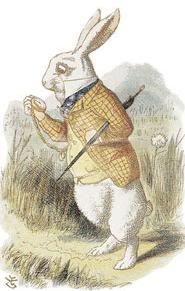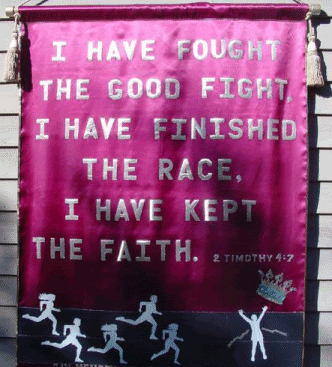wit (wit) n. a message whose ingenuity or verbal skill or incongruity has the power to evoke laughter.
I long for music in all things. Which is probably why I am a writer. I hear music in words. If words aren't, in fact, already intrinsically musical.
soporific (`sâpu'rifik) adj. sleep inducing
The word "soporific", learned at age six, caused Dr. Vivian Bearing to later become a scholar and doctor of literature-- or, in her own words, a "force" in the academe. No doubt, she heard music in those four, tongue-tripping syllables, without knowing what they meant. In that one musical moment, at age six, in her father's study, pouring over a pile of read-aloud books, her life found its path.
Beautiful. The word itself, is, beautiful. As ugly, most definitely, is so. The syllables in "beautiful" glide smoothly by, much as a clear, flowing brook would over smooth, fresh water stones. "Ugly", on the other hand, trips gutterally over an annoying bump in the road.
Now, before any more etymological road bumps lead my essay astray, let me go back to Vivian Bearing--the lead character in a searingly profound play by Margaret Edson, simply titled "Wit".
Dr. Bearing is a highly respected professor of English literature, specializing in the brilliantly difficult Holy Sonnets of the metaphysical poet John Donne. A passion that will serve her well throughout her long, humbling months battling stage four ovarian cancer.
John Donne dove deep into the heart of such dark and complex themes as life, death, and of death as being the beginning of life. Her love for John Donne's work permeates every cycle of pain and hope and memory that make up her experience as a terminal patient. After being a tough, cold teacher of such themes, she now lives out every word, every punctuation mark-- finding humor in the face of death, and learning lessons of humility and profound humanity along the way.
Death be not proud, though some have callèd thee
Mighty and dreadfull, for, thou art not soe,
For, those, whom thou think’st, thou dost overthrow,
Die not, poore death, nor yet canst thou kill mee;
From rest and sleepe, which but thy pictures bee,
Much pleasure, then from thee, much more must flow,
And soonest our best men with thee doe goe,
Rest of their bones, and soules deliverie.
Thou’art slave to Fate, chance, kings, and desperate men,
And dost with poyson, warre, and sicknesse dwell,
And poppie,’or charmes can make us sleepe as well,
And better then thy stroake; why swell’st thou then?
One short sleepe past, wee wake eternally,
And Death shall be no more; Death, thou shalt die!
-John Donne, Sonnet 6
The following is a lecture her teacher, Professor E.M. Ashford, gives her on the importance of proper punctuation....and then some.
Professor Ashford:
The sonnet begins with a valiant struggle with death, calling on all forces of intellect and drama to vanquish the enemy. But it is ultimately about overcoming the seemingly insuperable barriers separating life, death, and eternal life.
In the edition you chose, this profoundly simple meaning is sacrificed to hysterical punctuation:
And Death - capital D - shall be no more - semicolon! Death - capital D - comma - thou shalt die - exclamation point!
If you go for this sort of thing, I suggest you take up Shakespeare.
Gardner’s edition of the Holy Sonnets returns to the Westmoreland manuscript source of 1610. Not for sentimental reasons, I assure you, but because Helen Gardner is a scholar. It reads:
And death shall be no more,comma,Death thou shalt die.
Nothing but a breath, a comma, separates life from everlasting life. It is simple really. With the original punctuation restored, death is no longer something to act out on a stage, with exclamation points. It’s a comma, a pause.
This way, the uncompromising way, one learns something about this poem, wouldn’t you say? Life, death. Soul, God. Past, present. Not insuperable barricades, not semicolons...just a comma.
I once asked Rein to pray that we live long enough to celebrate our 50th wedding anniversary. He said, would you really want to live past 80? I said, I just want to be with you as long as I can. Then pray, he said, for good, happy years, and not just long years. Long years may not necessarily be a good thing. Pray we have a good life here on earth and then, heaven.
John Donne's comma, right there.
simple (sim'pl) adj. Being a fundamental or rudimentary element; basic.




















































